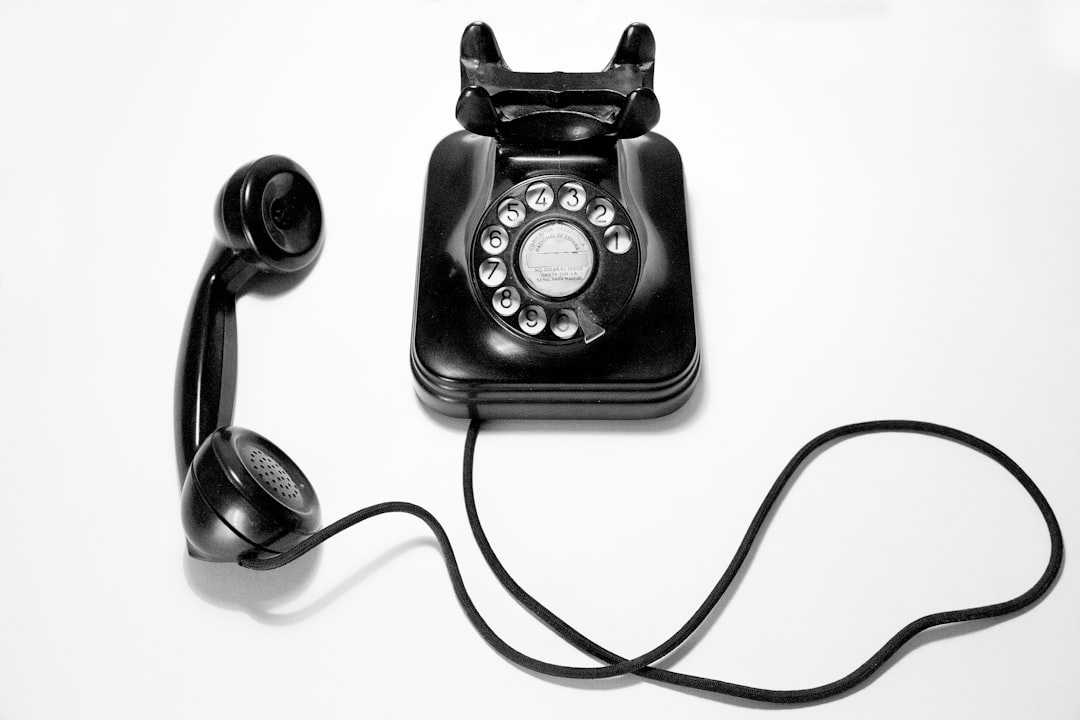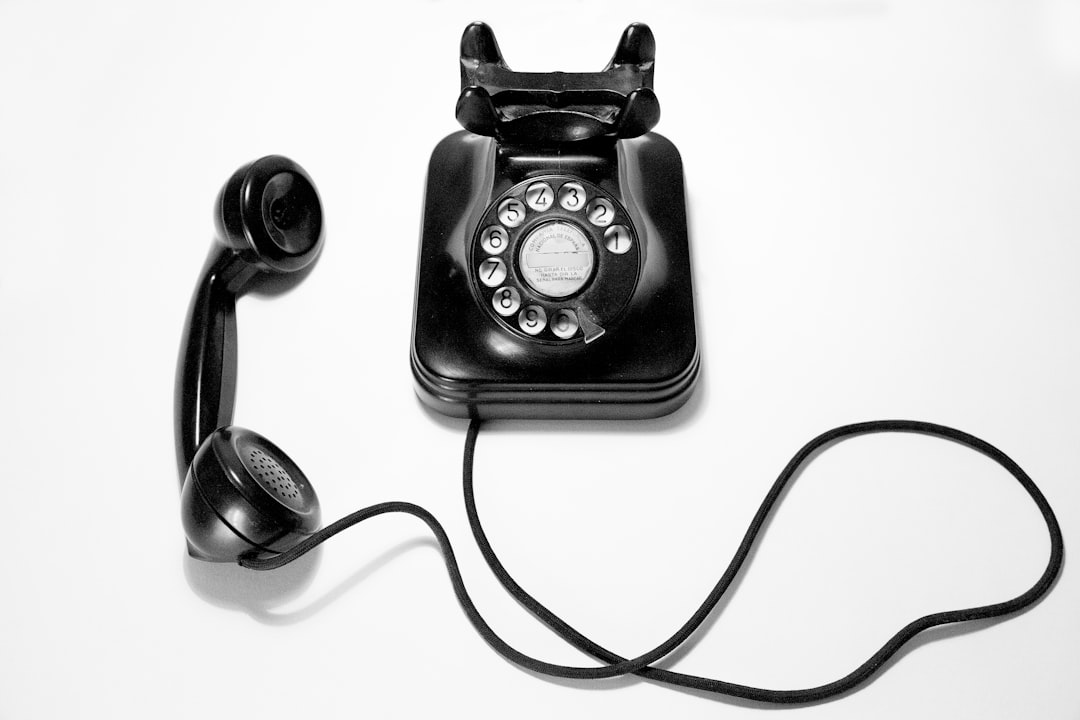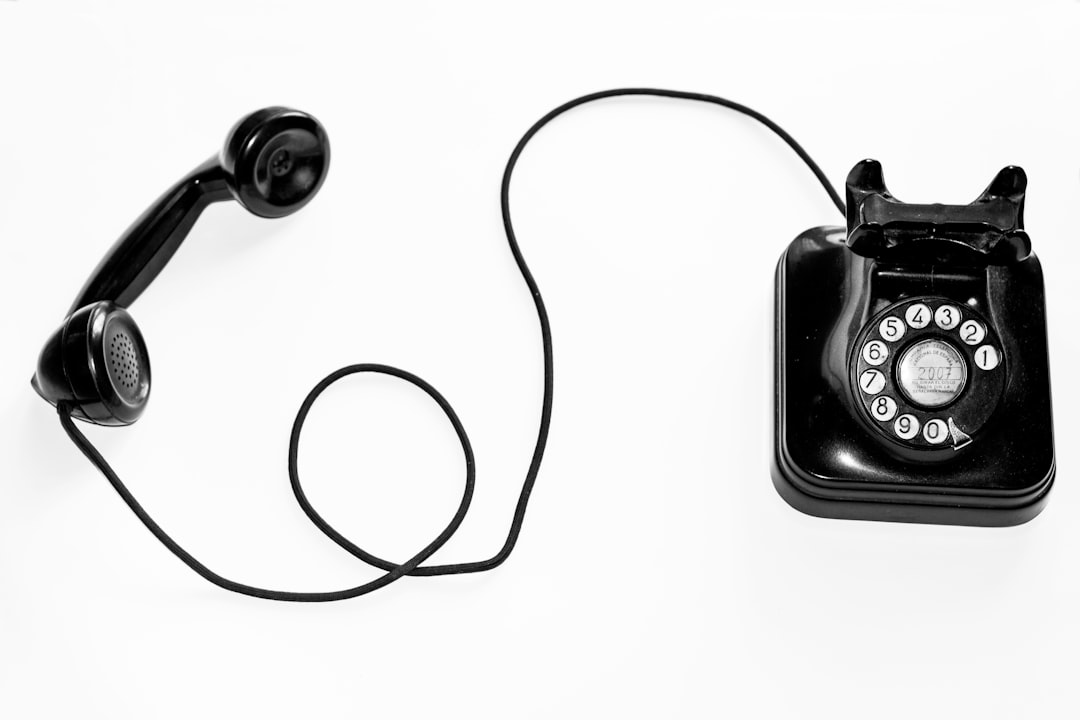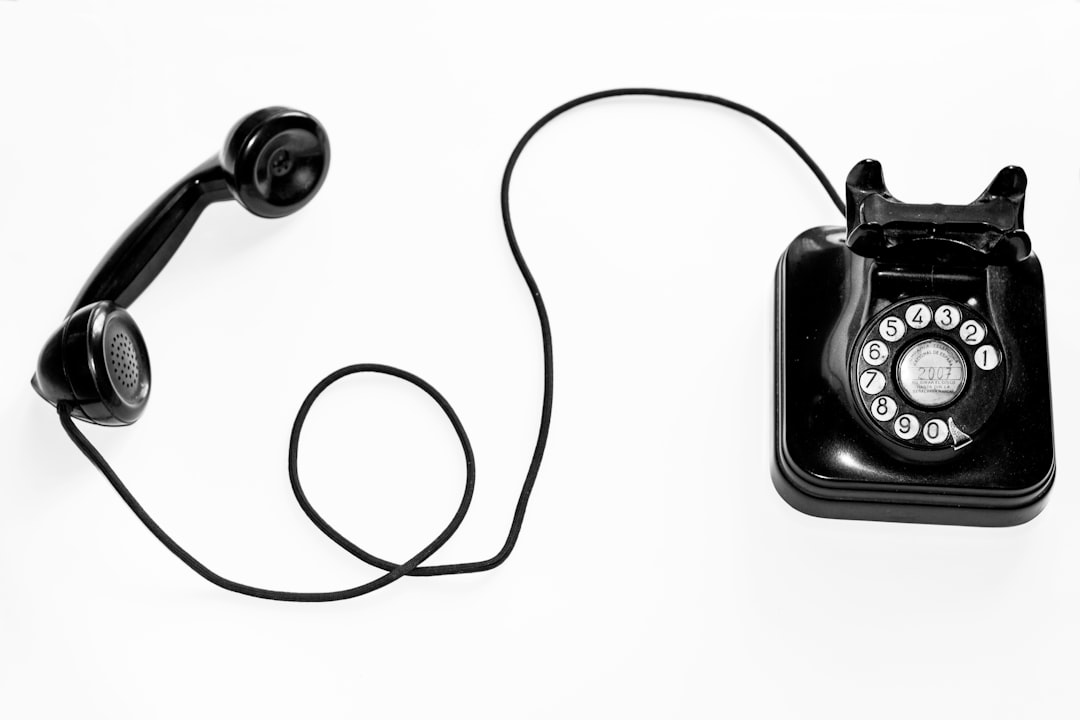Montana's Telecommunications Consumer Protection Act (TCPA) regulates telemarketing practices, with severe consequences for violations. Jewelry stores using autodialers need autodialer attorneys to ensure TCPA compliance, avoid lawsuits, and protect customer privacy, fostering trust through ethical marketing.
Livingston Guide to TCPA Compliance for Jewelry Stores provides a comprehensive overview of navigating the Telephone Consumer Protection Act (TCPA) in Montana’s jewelry industry. This article delves into the legal intricacies, focusing on auto dialer use and consent requirements for marketing calls. By exploring best practices and real-world examples, jewelry store operators can effectively manage compliance, minimize lawsuits, and stay ahead of changing regulations. Essential insights from autodialer attorneys in Montana offer a strategic advantage for businesses aiming to thrive while adhering to TCPA standards.
Understanding TCPA and Jewelry Store Operations in Montana

In Montana, the Telecommunications Consumer Protection Act (TCPA) compliance is paramount for jewelry stores operating within the state’s borders. This legislation aims to protect consumers from unwanted telemarketing calls and text messages, with specific rules targeting businesses using autodialers or prerecorded messages. Jewelry stores, like any other retailers, must navigate these regulations to ensure they respect consumer privacy while promoting their services effectively.
Understanding the TCPA and its implications for Montana’s jewelry store operations involves recognizing that violations can lead to substantial legal consequences. Businesses are encouraged to seek guidance from experienced autodialer attorneys in Montana to ensure compliance, thereby avoiding costly lawsuits and maintaining a positive customer relationship by adhering to privacy protection standards.
Identifying Auto Dialer Use and Its Legal Implications

In the realm of telecommunications, an auto dialer is a technology that automatically dials phone numbers in sequence or according to certain criteria. While it has legitimate business applications, its unauthorized use can have severe legal implications, especially for jewelry stores and other businesses under the Telephone Consumer Protection Act (TCPA). Auto dialers are often used for marketing purposes, such as automated telemarketing calls or text messages. However, if these communications are made without proper consent or in violation of TCPA guidelines, jewelry store owners could face significant fines and damage to their reputation.
Engaging autodialer attorneys Montana is crucial for businesses aiming to navigate the complexities of TCPA compliance. These legal experts can help jewelry stores understand when and how to use auto dialers legally, minimizing risks while maximizing marketing efforts. By ensuring compliance, jewelry stores not only protect themselves from substantial financial penalties but also build trust with customers who value their privacy and consent in receiving communications.
Navigating Consent Requirements for Marketing Calls

Navigating consent requirements for marketing calls is a crucial aspect of TCPA compliance for jewelry stores. In the US, the Telephone Consumer Protection Act (TCPA) regulates automated telephone marketing, including calls made by autodialers. Jewelry store owners must secure explicit consent from customers before placing any marketing calls, ensuring they have the right to do so. This process involves obtaining written or verbal agreement, clearly explaining how their contact information will be used, and providing a simple way to opt-out.
Autodialer attorneys in Montana emphasize that failure to comply with these rules can lead to significant legal repercussions, including substantial fines. To ensure adherence, businesses should implement robust internal processes for obtaining consent, document all consents received, and regularly review and update their marketing practices in line with evolving legal standards and best practices.
Best Practices for Maintaining Compliance and Avoiding Lawsuits

Maintaining compliance with the Telephone Consumer Protection Act (TCPA) is essential for jewelry stores to avoid lawsuits and protect their reputation. Best practices include implementing clear opt-out mechanisms for all marketing calls, text messages, and emails. Jewelry store owners should also ensure that any use of an autodialer is done responsibly, with proper consent from customers. Regularly reviewing and updating privacy policies and training staff on TCPA regulations can help prevent accidental non-compliance.
Attorneys specializing in Montana’s TCPA laws can provide valuable guidance tailored to the specific needs of jewelry stores. Staying proactive by seeking legal advice when implementing new marketing strategies or technology can save businesses time, money, and potential heartache from costly lawsuits. Remember, compliance is not just a box to tick but an ongoing commitment to ethical business practices that build customer trust.






